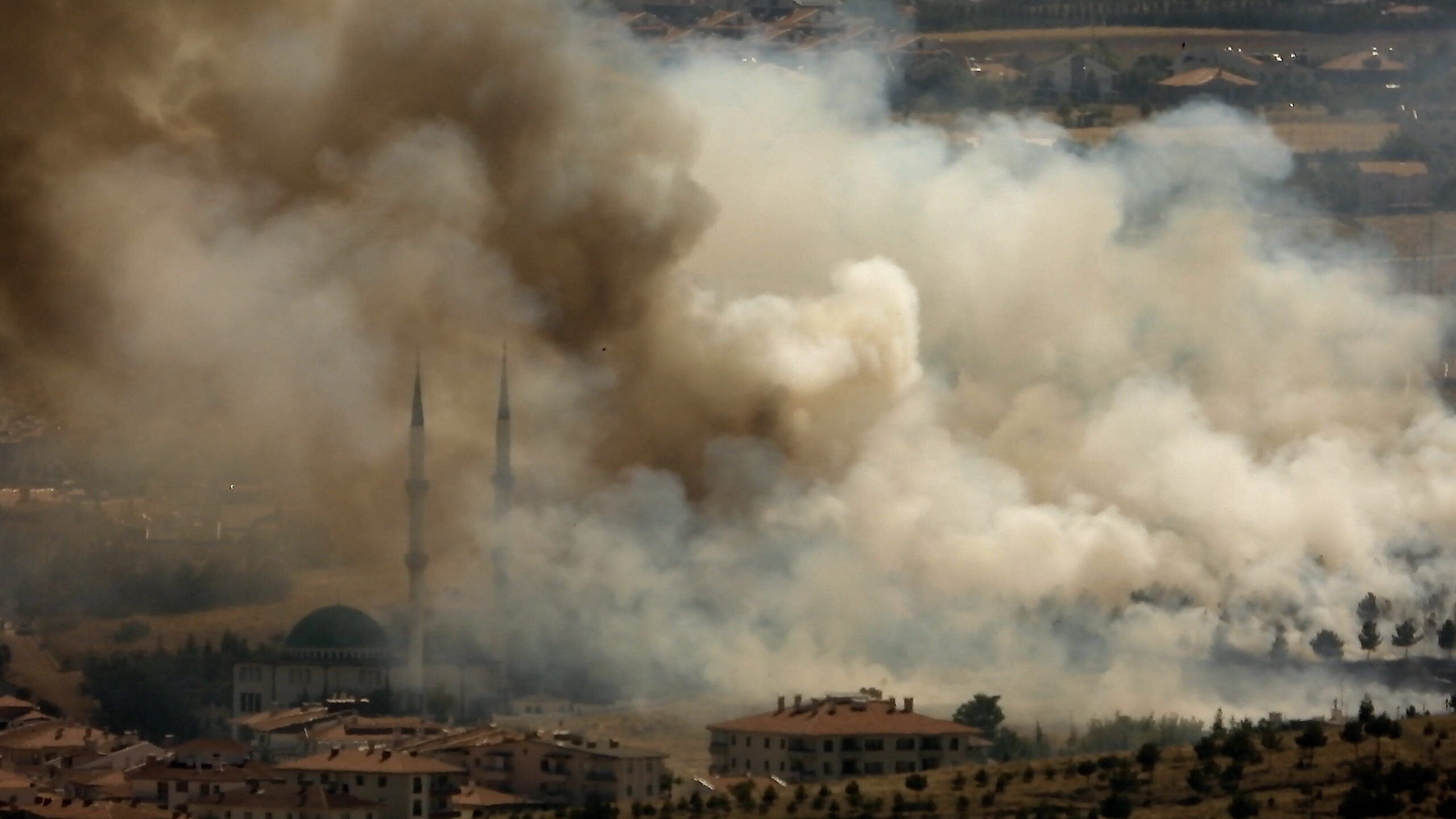
The killing of Yahya Sinwar, Hamas’s leader, by Israeli forces highlights a turning point in the ongoing conflict between Israel and Hamas. Yet, despite his death, the violence on both sides persists, with neither party showing signs of retreating. From a secular humanist perspective, this is a devastating indictment of the destructive cycle fueled by nationalism, religious extremism, and power struggles. The result is a humanitarian catastrophe that only reason, compassion, and a commitment to human rights can resolve.
Secular humanism rejects the idea that any ideology—whether religious or political—can justify the kind of bloodshed that has claimed over 42,000 Palestinian lives, including women and children, as well as hundreds of Israeli civilians. The deaths of so many innocents reflect a stark failure of leadership across the region. The suffering of everyday people trapped in this violent struggle is a direct consequence of rigid dogmas and territorial ambitions that prioritize control over human dignity. As secular humanists, we must call for a moral reorientation that values each human life equally and rejects the brutal logic of “victory” at any cost.
While Sinwar’s death may be hailed by some as an opportunity to shift the war’s dynamics, true peace cannot be achieved by simply eliminating individuals. It requires dismantling the structures of hatred and vengeance that have perpetuated this conflict for decades. Secular humanists advocate for diplomacy over military action, and dialogue over violence, as the only sustainable path forward. Ending the occupation of Palestinian territories, guaranteeing security for Israeli citizens, and empowering both populations to coexist peacefully should be the goal of any genuine resolution.
This conflict also exemplifies the danger of religious fundamentalism in international politics. Hamas and Hezbollah, both backed by Iran, exploit religion as a tool to mobilize and justify acts of violence. Likewise, the nationalist and religious fervor within certain factions of Israeli society contributes to the perpetuation of military occupation and retaliatory strikes. In contrast, secular humanism emphasizes shared human values—reason, empathy, and cooperation—above tribalistic or ideological divides. Secular governance in the region could focus on the welfare of all people rather than the dogmas of religious or nationalist supremacy.
As the war continues, we must remember that the real victims are the civilians on both sides: the women, children, and families who are caught in the crossfire. Gaza’s population, already living under blockade and deprived of essential resources like food, water, and medical care, now faces even greater suffering as their homes are destroyed and their lives upended. Israel, too, grapples with the psychological and physical toll on its citizens, who endure rocket fire and terrorism that disrupt daily life and endanger communities.
International leaders, including President Joe Biden and other world powers, are pressing for negotiations and a ceasefire, hoping to leverage Sinwar’s death as a turning point. But as Biden himself has acknowledged, achieving peace in Gaza is far more difficult than in Lebanon or other theaters of conflict. The entrenched positions on both sides require not just diplomatic intervention but a deep shift in how the conflict is framed. Instead of seeing it as a zero-sum game, where one side must emerge victorious, a secular humanist perspective advocates for compromise, coexistence, and mutual respect as the foundation for any lasting peace.
Moreover, any ceasefire must be accompanied by significant international support for rebuilding Gaza and creating the conditions for political stability in the region. The U.S. and European nations must work not only to stop the immediate bloodshed but also to create frameworks for future peace that address the root causes of the conflict. This includes investing in educational, economic, and political institutions that encourage dialogue and cooperation rather than extremism and division.
In conclusion, Yahya Sinwar’s death is not a moment to celebrate—it is a sobering reminder of the deep human cost of this conflict. The ongoing violence between Israel and Hamas, exacerbated by the involvement of Hezbollah and other regional players, shows the urgent need for secular, rights-based governance that prioritizes human life over ideology. Secular humanists must continue to push for peace, human dignity, and justice, advocating for non-violent solutions that can bring an end to this tragic and unnecessary loss of life. Only by rejecting dogma and embracing reason can we hope to achieve a peaceful future for all those affected by this war.


